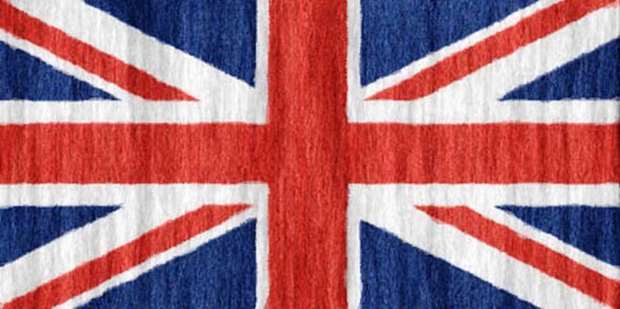Scottish nationalists rebooted their case for independence yesterday with a study claiming that Scots could be £4,100 per person better off annually outside the United Kingdom.
First Minister Nicola Sturgeon, leader of the separatist Scottish National Party, said the report would “restart the debate” about independence for pro-EU Scotland as messy Brexit negotiations drag on.
Scotland voted against independence by 55% in 2014, but then voted by 62% to remain in the European Union in a 2016 referendum, generating a rift because the United Kingdom as a whole voted to leave.
Sturgeon immediately made plans for a second independence referendum, but momentum stalled when polls showed little change in Scottish attitudes and even less appetite for another vote.
The SNP lost seats in the parliaments in Edinburgh and London in subsequent elections. But the nationalist grassroots have been agitating for a swift return to the ballot box.
Referring to yesterday’s report, Sturgeon wrote on Twitter: “So much better to be debating how we maximise our potential as a country than just focussing on how we limit the damage of Brexit.”
But David Mundell, the UK government’s most senior lawmaker in Scotland, urged Scots to “maximise the opportunities” of Brexit rather than leave the UK. “The public do not want another divisive independence referendum,” he said.
The report outlined 50 recommendations to grow Scotland’s economy to match “the very best small countries in the world”, comparing an independent Scotland to countries like Denmark, Finland and New Zealand. It proposed keeping the British pound for “an extended transition period”, before moving to a more permanent solution which could lead to a new Scottish currency.
The UK government forcefully rejected SNP proposals to maintain a currency union with Scotland if it left the UK in 2014, but the nationalists insist Scotland can still use the pound in the same way that Panama uses the US dollar.
Critics have pointed out this would leave Scotland’s fiscal policy in the hands of a foreign power.
The report also included measures to encourage immigration amid fears Brexit will cause a decline in Scotland’s working age population and put pressure on public spending through falling tax receipts.
North Sea oil revenues should be treated as a windfall and invested in a fund similar to Norway, rather than used for day to day spending, it said.
Andrew Wilson, the report’s author, said: “Brexit will mean a long-term hit to jobs and living standards.
“In contrast, our report looks at how we build a better economy, how we build a better society and how we build a better country,” he said.

GULF TIMES
